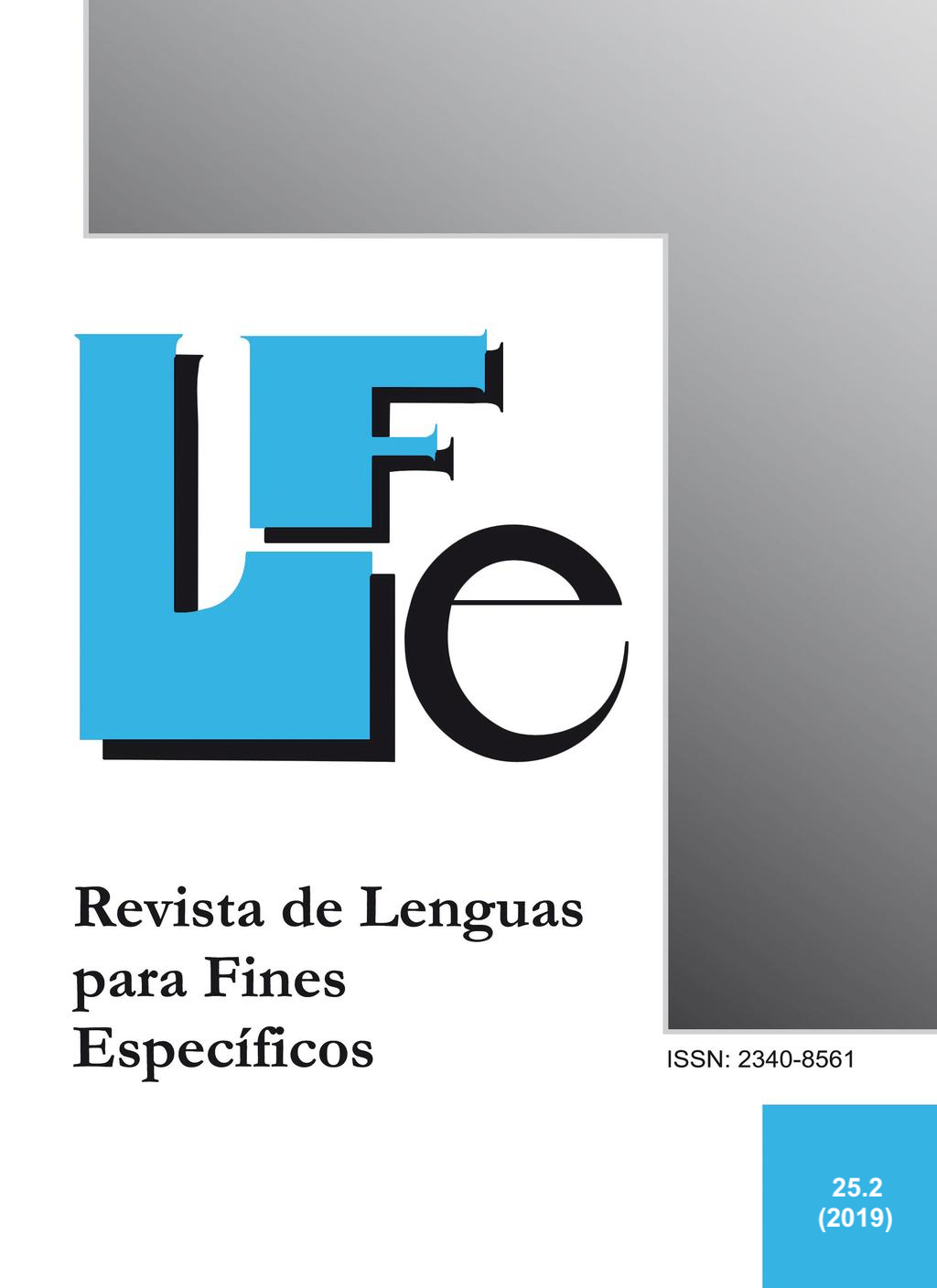Reformulation and its markers in unpublished research articles: Some evidence on the rhetorical patterns of written academic ELF
Abstract
This paper intends to contribute to the description of written academic English as a Lingua Franca (ELF) from an endonormative perspective (Seidlhofer, 2011). Reformulation markers (that is, that is to say, in other words, namely and i.e.) fulfil an interactive metadiscourse function (Hyland, 2007) and have been considered indicators of certain rhetorical aspects of different languages, specifically, whether expansions, clarifications, adjustments, etc. are frequent or not (Cuenca, 2003). Here I examine the frequency, functions, and (non-) parenthetical uses of these markers in the components of a corpus of unedited ELF research papers (the SciELF corpus, University of Helsinki). The findings indicate that the frequency of reformulation markers varies in the different L1 groups, with high rates in the Romance languages. The results also point to other ELF-related trends such as simplification/ specialization of the use of one marker (i.e.), and discourse explicitation, closely associated to the functions specification and explanation. Other outcomes may be related to a global academic context (with different disciplinary areas), of which ELF forms part (and they would not be ELF-specific). In conclusion, formal written academic ELF seems to constitute an “endorhetorical” use of the language.
Downloads
Downloads
Published
How to Cite
Issue
Section
License
Authors who publish with this journal agree to the following terms:
- Authors retain copyright and grant the journal right of first publication with the work simultaneously licensed under a Creative Commons Attribution License that allows others to share the work with an acknowledgement of the work's authorship and initial publication in this journal.
- Authors are able to enter into separate, additional contractual arrangements for the non-exclusive distribution of the journal's published version of the work (e.g., post it to an institutional repository or publish it in a book), with an acknowledgement of its initial publication in this journal.
- Authors are permitted and encouraged to post their work online (e.g., in institutional repositories or on their website) prior to and during the submission process, as it can lead to productive exchanges, as well as earlier and greater citation of published work (See The Effect of Open Access).

Revista de Lenguas para fines específicos is licensed under a Creative Commons Reconocimiento-NoComercial-SinObraDerivada 4.0 Internacional License.
























